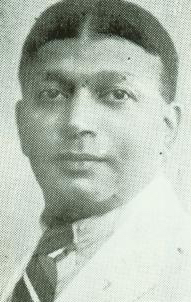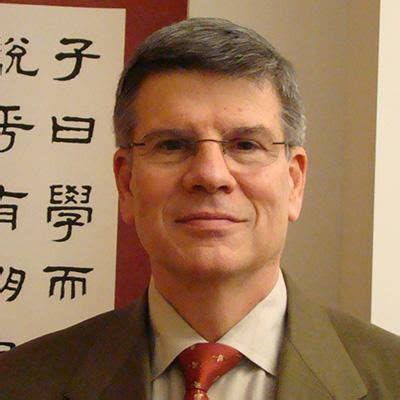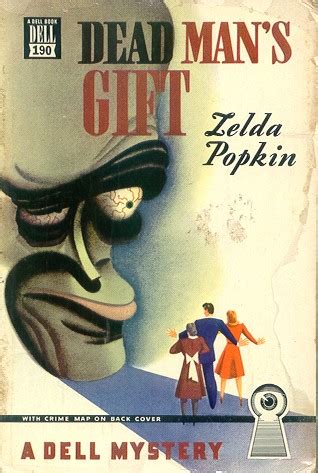A Quote by Paikiasothy Saravanamuttu
Well I think what - the way things have improved obviously is that the killing has stopped in so for as there is no war. But if you talk to people in the north and east in general, there is a concern that the freedom that they expected as a consequence of the end of the war has yet to be realised.
Related Quotes
There is great fear expressed on all sides lest this war shall be made a war for the negro. I am willing that it shall be. It is awar to found an empire on the negro in slavery, and shame on us if we do not make it a war to establish the negro in freedom--against whom the whole nation, North and South, East and West, in one mighty conspiracy, has combined from the beginning.
I don't think the war is going to end, but the war is just going to change. So we talk about change all the time, well that's what's going to change. You know, we tried having an idiot try and justify the war and give us these rationales and now we're going to have a very articulate and capable black man say it.
It has to be an actress like Marion Cotillard [in Allied] because there are so many levels to it. It's set in the Second World War, when lots of people were doing things that, outside of a war, you wouldn't do, like killing and dropping bombs. She's doing things that one wouldn't approve of, but it's war.
Unconditional war can no longer lead to unconditional victory. It can no longer serve to settle disputes. It can no longer concern the Great Powers alone. For a nuclear disaster, spread by wind and water and fear, could well engulf the great and the small, the rich and the poor, the committed and the uncommitted alike. Mankind must put an end to war--or war will put an end to mankind.
It was Harry Patch, who was the last living World War I veteran; and by veteran I mean someone who actually fought in the war, he didn't just happen to be in the army at that time, in the Great War. And when the Iraq War started, he was interviewed, and they said, well what do you think of this? And he said, in a very sad voice, "Well, that's why my mates died. We thought we were going to end all that sort of thing."
In the middle of the last century there was a reason to go to war. This time around the war was a really bad idea and I think the only people that benefited from it were Halliburton and people that made money from it, but that's not an excuse to have a war. Killing American kids so Halliburton can make money is not a righteous reason to go to war.
I'm fascinated by the First World War because it was supposed to be the war to end all wars, and it was the biggest conflagration that this particular planet had seen. There was a lot of talk about utopia and how it was possible, and then, because of these events that for one reason or another couldn't be stopped, the idea of utopia went out the window.
I think the public is very reluctant to get involved in more foreign wars, especially in the Middle East. And they understand, implicitly, that we go to war in the Middle East because of oil. And if we don't want to go to war in the Middle East, then we have to do something about the oil problem. And I think that view is gaining ground in the U.S.
A program of "disarmament," while imperialist antagonisms survive, is the most pernicious of fictions. Even if it were realized by way of general agreement - an obviously fantastic assumption!- that would by no means prevent a new war. The imperialists do not make war because there are armaments; on the contrary, they forge arms when they need to fight.
































